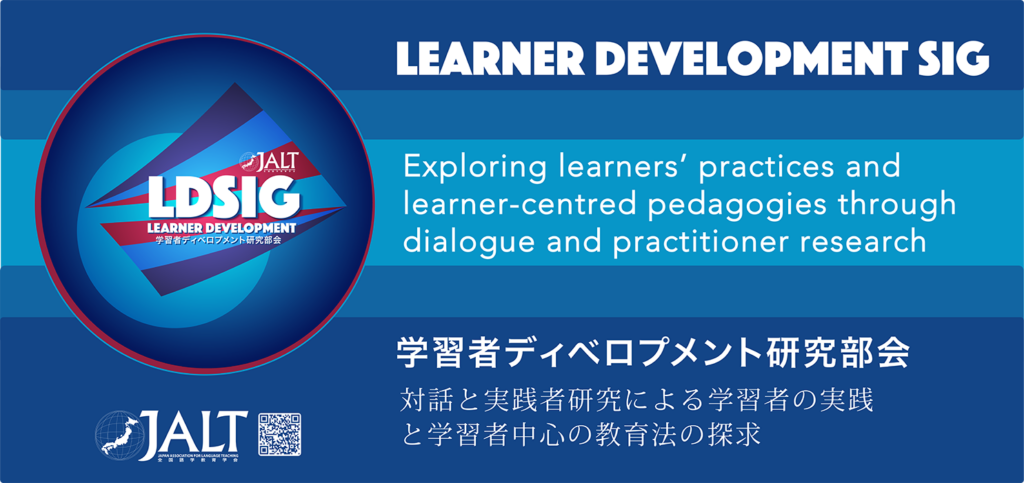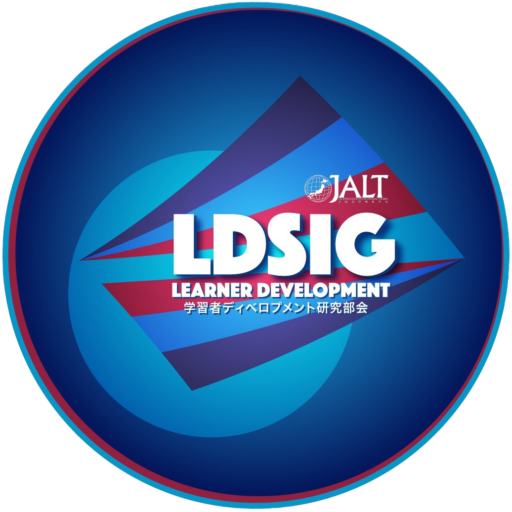Information for Contributors
Writing for Learning Learning
Learning Learning is the Learner Development SIG newsletter and is published online bi-annually, in the Spring and Autumn. It has a specific ISSN number (ISSN 1882-1103), and features cutting edge articles in various formats that relate to people’s ideas, reflections, experiences, and interests to do with learner development, learner autonomy, and teacher autonomy. Many different SIG members contribute to each issue of Learning Learning, and, by doing so, create a sense of shared community and learning together. Please feel free to contribute too and make connections within the SIG and beyond. Contact the editorial team via Contact Us.
Contributions
We encourage new writing and new writers and are happy to work with you in developing your writing. We would be delighted to hear from you about your ideas, reflections, experiences, and interests to do with learner development, learner autonomy, and teacher autonomy.
Learning Learning editorial processes aim to enable both novice and experienced writers to develop their contributions within a supportive framework. Contributions to Learning Learning go through open peer review. After authors submit an initial draft, they work together with an editor/pair of editors who they will be able to dialogue directly about the development of their writing. The intention of open review is to offer serious, fair and, above all, supportive feedback to writers to help them to develop as teachers, researchers, and learners.
Please note that writing by students is welcome. The Learning Learning editorial team is also happy to provide further details of the open review process, should institutions or employers require this.
For more details about formats and lengths (形式と長さ) of writing suitable for Learning Learning, please see below. To upload your writing to the editorial team of Learning Learning, please use this link. Many thanks.
We welcome contributions to Leaning Learning at any time, and the the door is always open, so feel free to contact one of the editors when you are ready.
Formats and lengths
Learning Learning is your space for continuing to make the connections that interest you. You are warmly invited and encouraged to contribute to the next issue of Learning Learning in either English and/or Japanese. In order to provide access and opportunities for Learner Development SIG members to take part in the SIG’s activities, we welcome writing in different formats and lengths about issues connected with learner and teacher development, such as:
Mini-profiles: Sharing your learner development interests
Here SIG members introduce themselves briefly (just 50 to 100 words or more), and write about what interests, puzzles, intrigues them about learner development, and/or about a particular approach or project, or research that they are doing or plan to do, or simply share a short reflection, to do with learner development (about 100 words or more):…
Short articles on issues to do with learner/teacher development and autonomy
#1: short individual articles (1,200 – 2,500 words)
#2: short group-written articles (1,200 – 4,000 words)
Reflective writing about learning for learner/teacher development and autonomy
#1: particular puzzles that you and/or your learners have about their learning, practices, development, autonomy, and so on, and inviting other Learning Learning readers to respond (1,000 words or more):
#2: dialogue with (an)other SIG member(s) (1,000 to 2,000 words):stories of learners becoming autonomous (about 500 to 1,000 words):
#3: stories of your learning and teaching practices: success and failure (about 500 to 1,000 words)
Members’ voices
#1: a short personal profile of yourself as a learner and teacher and your interest in learner development (about 500 to 1,000 words)
#2: a story of your ongoing interest in, and engagement with, particular learner development (and/or learner autonomy) issues (about 500 to 1,000 words)
#3: a short profile of your learner development research interests and how you hope to develop your research (about 500 to 1,00 words)
#4: a short profile of your working context and the focus on learner development/learner autonomy that a particular institution takes and/or is trying to develop in a particular curriculum (about 500 to 1,000 words)
Learners’ voices
Learners share stories of their learning, reflections on their practices of learning, or report on a project or research that they are doing or plan to do related to learner development (about 300 to 500 words)
Research & reviews
#1: summaries and accounts of new graduate research (1,200 – 2,500 words)
#2: proposals for a joint project/joint research (about 500 to 1,000 words)
#3: reports (of a conference presentation, research project, particular pedagogic practice, and so on, to do with learner development) (about 500 to 1,000 words)
#4: reports of research in progress (about 500 to 1,000 words)
#5: book, website, article reviews (about 750 to 1,500 words)
Free space
#1: photographs, drawings, and/or other visual materials about learner development, and/or related to learner autonomy
#2: activities and tips for learner development/autonomy (about 500 to 1,000 words)
#3: some other piece of writing that you would like to contribute and that is related to learner development
#4: poems… and much more
Our publications door is always open, so feel free to contact one of the editorial team when you are ready. You can reach us using the contact form at Contact Us directly via the email addresses listed below. Many thanks!
- Ken Ikeda (editor, members’ voices, grant awardee essays)
- Mike Kuziw: mike dot kuziw AT MARK gmail dot com (editor, members’ voices, research and reviews)
- Hugh Nicoll: hnicoll AT MARK gmail dot com (editor, grant awardee essays, webmaster)
- Tim Ashwell: (editor)
- Megumi Uemi: megumiuemi AT MARK gmail dot com (editor, translator)
- James (Jamie) Thomas: jaebez dot thomas AT MARK gmail dot com (editor)
- Lorna Asami (editor)

